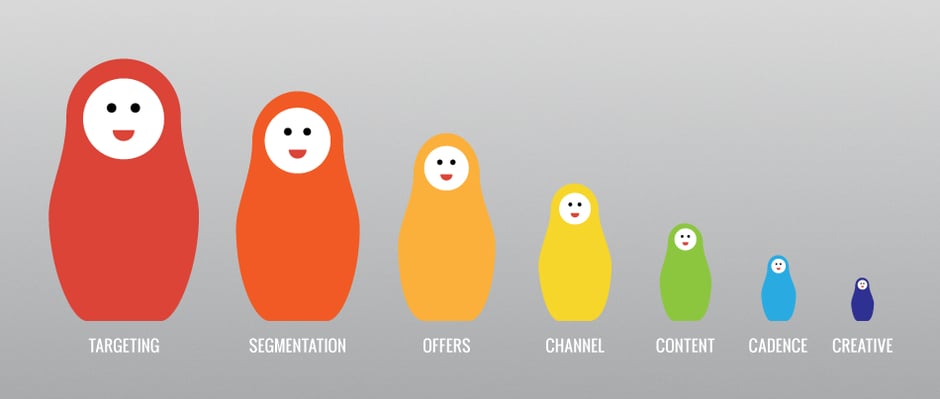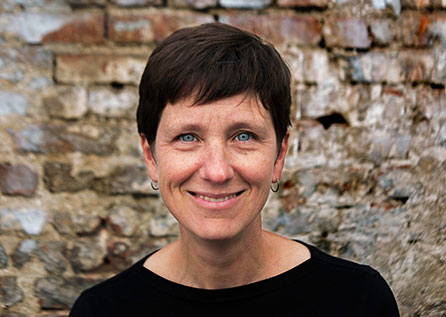When helping clients develop a marketing plan, we adjust these variables to make sure we’re doing everything we can to deliver results. Here’s what the Magic Seven are and how we use them.
Here in the Ready State strategy department, we like to think deep thoughts, dig into hard-to-reach places, and build hypotheses for what will drive success. And sometimes we just like to work a list.
One list we use to cover all our bases: the Magic Seven. These are variables we can adjust to get different results. (The greatest results come from the top, and the smallest from the bottom.) Here’s what they are and how we use them.
WHAT ARE THEY?
-
Targeting: Whom are you aiming to reach?
-
Segmentation: Which audience subgroups (a) would bring a particular value to your business or (b) have different needs? Could allocating different budgets or creating different messages drive engagement?
-
Offers: What are your immediate value propositions? Could you offer money back, a discount, or extra services?
-
Channel: Where are your customers? Which social-media channels and other sites? Would a publishing or e-mail platform be the best way to reach them at scale? Or direct communication with a salesperson?
-
Content: Which message(s) would compel a desired response? Which topics and levels of engagement, and which editorial format?
-
Cadence: What are the best times to reach your customers? Are these best times relative to a specific user event or seasonal?
-
Creative: Which design approaches would be most engaging? Which subject lines would be most compelling?
HOW DO WE USE THEM?
Ideation
When you have a goal in mind but want to think broadly about how to reach it, think about what the strongest approach is for each of these seven.
Planning
Every communications plan should nail each of these. The plan’s form will depend on product, business goal and audience complexity, and budget, but they will cover all of these.
Testing
In planning, we hypothesize about which marketing approaches will lead to which results. When we’re not sure, we set up tests. Then we learn and adjust.
Like magic.

